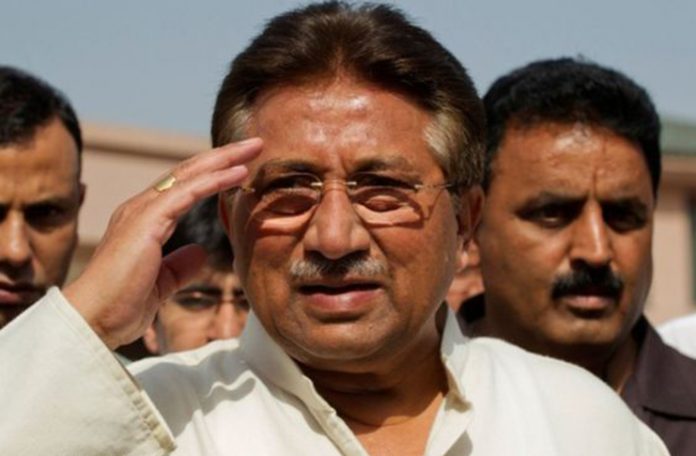Pakistan ex-leader sentenced to death for treason
(BBC)-General Pervez Musharraf, Pakistan’s former military leader, has been sentenced to death at a special court hearing in Islamabad.
The three-member court sentenced him over a high treason charge that has been pending since 2013.
Gen Musharraf seized power in a military coup in 1999 and served as the country’s president from 2001 to 2008.
He is currently in Dubai after being allowed to leave the country for medical treatment in 2016.
The charge relates to Gen Musharraf’s suspension of the constitution in 2007, when he imposed emergency rule in a move intended to extend his tenure.
The 76-year-old issued a video statement from a hospital bed earlier this month, describing the case against him as “baseless”.
Gen Musharraf is the first military ruler to ever stand trial in Pakistan for overruling the constitution.
The verdict was announced on Tuesday with a 2-1 majority.
In November 2007, Gen Musharraf suspended the constitution and imposed emergency rule – a move which sparked protests. He resigned in 2008 to avoid the threat of impeachment.
When Nawaz Sharif – an old rival whom he deposed in a coup in 1999 – was elected prime minister in 2013, he initiated a treason trial against Gen Musharraf and in March 2014 the former general was charged for high treason.
Gen Musharraf argued the case was politically motivated and that the actions he took in 2007 were agreed by the government and cabinet. But his arguments were turned down by the courts and he was accused of acting illegally.
According to the Pakistani constitution, anyone convicted of high treason could face the death penalty. Gen Musharraf travelled to Dubai in 2016 after a travel ban was lifted and he has refused to appear before the court, despite multiple orders.
The three-member bench had reserved its verdict in the long-running case last month, but was stopped from announcing it by a petition filed by the federal government to the Islamabad High Court.
The indictment of Gen Musharraf in 2014 for treason was a highly significant moment in a country where the military has held sway for much of its independent history.
Many of Pakistan’s army chiefs have either ruled the country directly after coups, as Gen Musharraf did, or wielded significant influence over policymaking during periods of civilian rule.
But Gen Musharraf was the first army chief to be charged with such a crime and the powerful military will have watched the case carefully.
Analysts say the institution is deeply aware that how the case proceeds could set a precedent.


